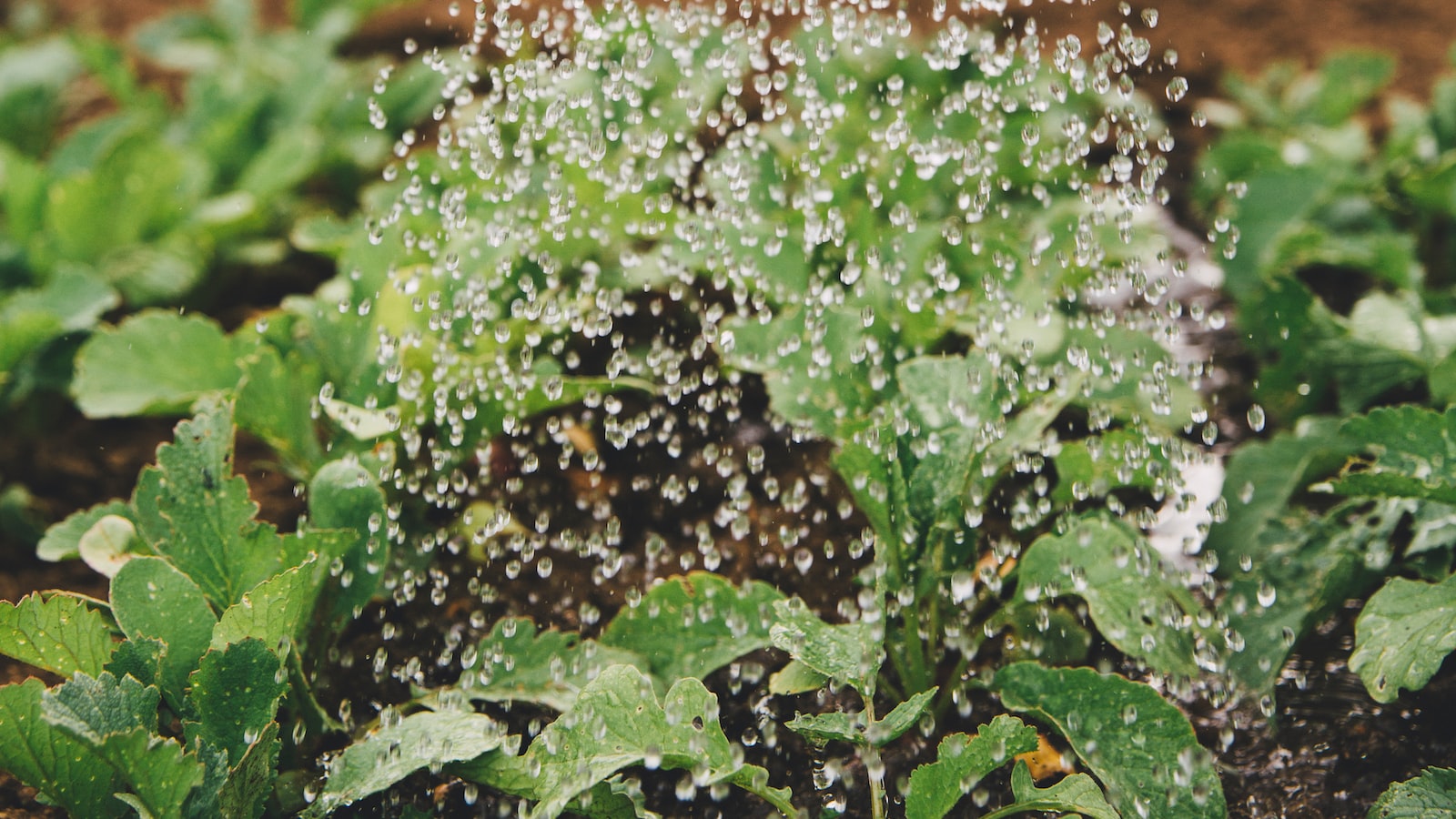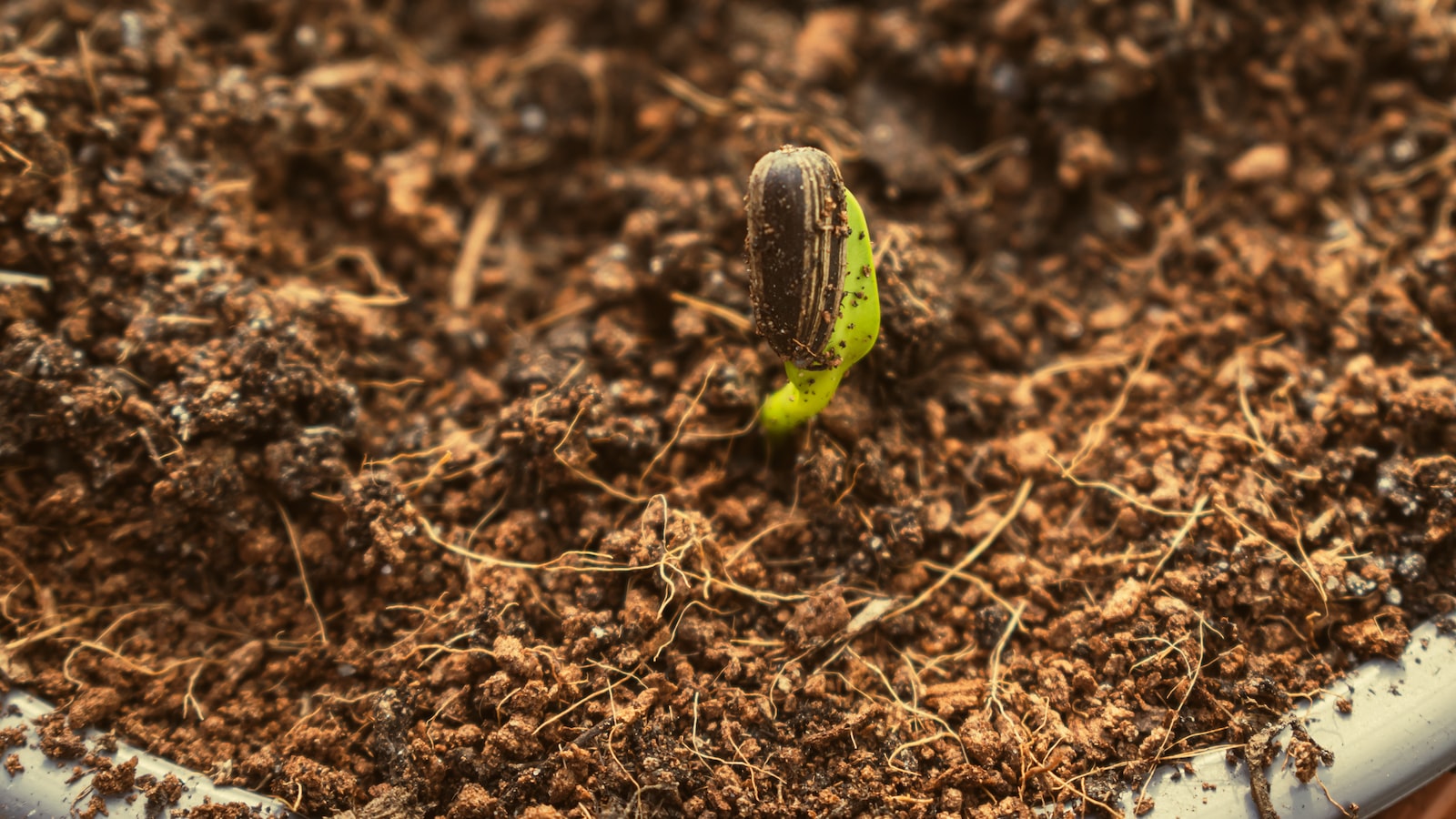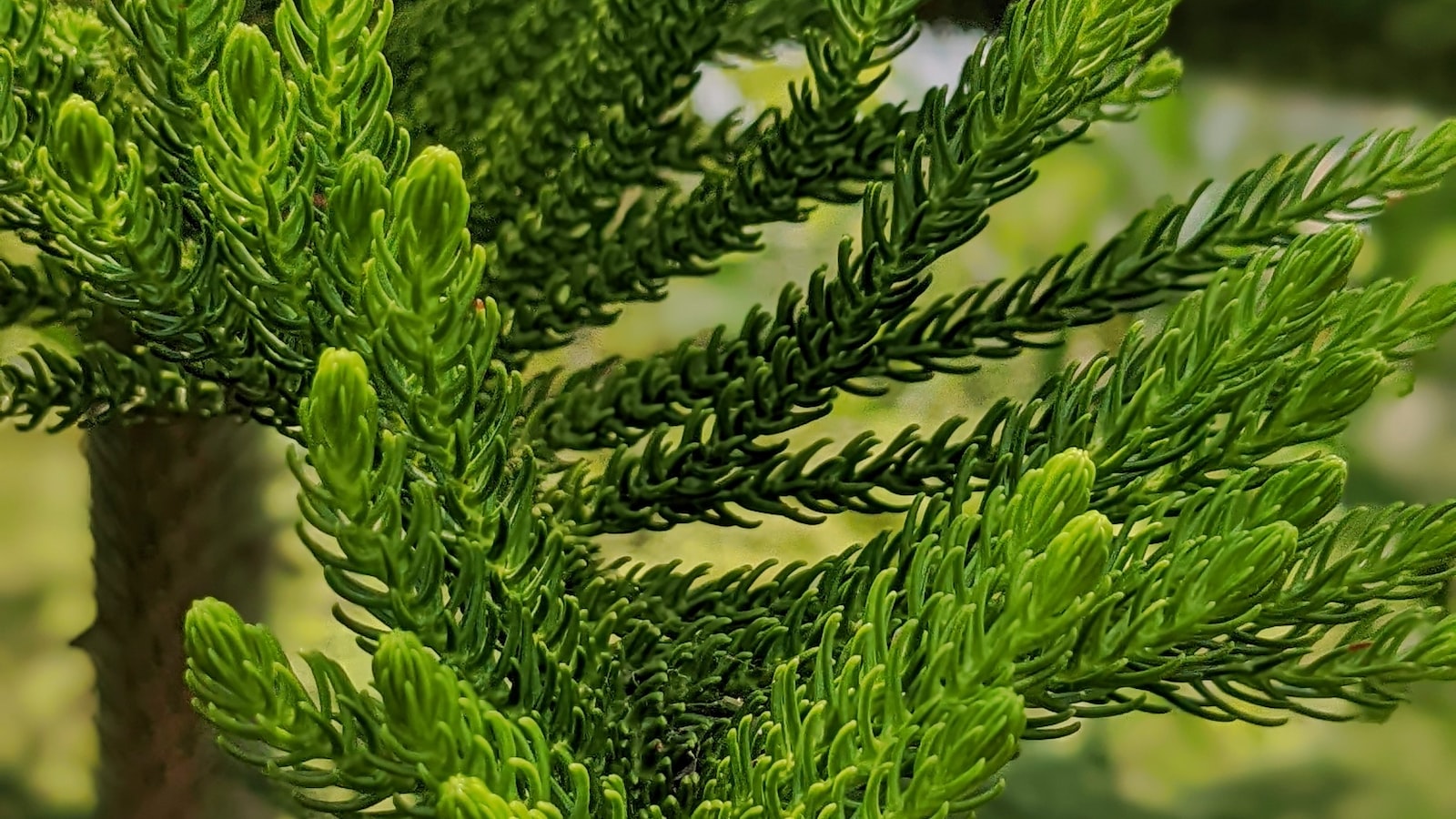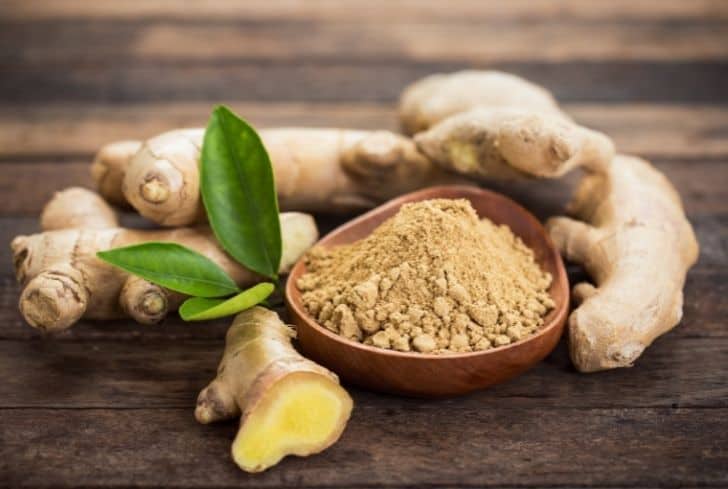Unleashing the power of nature in our gardens is a fascinating journey. From breathing life into small seeds to nurturing thriving plants, there’s a sense of wonder in witnessing the circle of life unfold right before our eyes. Composting, a practice cherished by avid gardeners, holds the key to unlocking the true potential of our organic waste. We often find ourselves questioning what can and cannot be composted, searching for answers to quench our curiosity and maximize our sustainable efforts. Today, we embark on a delightful investigation into the world of composting, with a specific focus on ginger. Can this knobby, aromatic wonder find its place in the realm of compost, or does it prefer a different path towards rebirth? Join us as we unveil the mysteries behind composting ginger and discover the secrets of transforming kitchen scraps into precious black gold!
Decomposing Ginger Safely: A Comprehensive Guide to Composting Ginger Waste
Ginger is not only a flavorful and aromatic root commonly used in cooking, but it also provides numerous health benefits. However, when it comes to ginger waste, many people are unsure about how to properly dispose of it. Fortunately, composting ginger waste is not only possible but also a great way to reduce food waste and create nutrient-rich soil for your garden.
Composting ginger waste is a simple process that can be done in your backyard or even in a small indoor composting bin. The key to composting ginger effectively is to ensure that it decomposes completely and doesn’t attract pests. Here are some features and tips to help you compost ginger waste safely:
| Features/Tips | Description |
|---|---|
| Composting method | Use the hot composting method to accelerate the decomposition process and kill any potential pathogens in the ginger waste. |
| Chop or shred | Chop or shred the ginger waste before adding it to the compost pile. Smaller pieces break down faster and more evenly. |
| Brown and green ratio | Maintain a balance of brown (carbon-rich) and green (nitrogen-rich) materials in your compost pile. Add shredded ginger wastes along with other kitchen scraps as green material and mix them with brown materials like dried leaves or wood chips. |
Now that you know you can compost ginger waste, it’s time to put your knowledge into action. Take advantage of this comprehensive guide to decomposing ginger safely and give your garden a natural boost while reducing your ecological footprint. Remember, composting is a rewarding process that not only helps the environment but also allows you to cultivate thriving plants and vegetables. So, don’t let your ginger waste go to waste - compost it!

The Benefits and Challenges of Composting Ginger: Exploring the Nutrient-Rich Properties
Composting is an excellent way to reduce waste and create nutrient-rich soil for your garden. When it comes to composting, you may wonder if ginger, with its unique properties and strong flavor, can be added to your compost pile. Well, the answer is yes! Composting ginger not only helps in diverting food waste but also contributes to the enrichment of your compost with valuable nutrients.
Ginger, known for its anti-inflammatory and antioxidant properties, adds a significant nutritional boost to your compost. Its fibrous nature aids in improving soil structure and drainage, while its high potassium content promotes plant growth. Additionally, ginger’s antimicrobial qualities help prevent the growth of harmful pathogens in your compost pile, ensuring a healthier environment for your plants.
| Features | Tips |
|---|---|
| Bioactive compounds | Chop or grate ginger for faster decomposition. |
| Improved soil structure | Mix ginger with other organic matter for better results. |
| High potassium content | Use ginger compost as a natural fertilizer for potassium-loving plants like tomatoes and peppers. |

Composting Ginger: Essential Steps and Pro Tips to Optimize Decomposition
Ginger, with its aromatic flavor and numerous health benefits, is a popular ingredient in various culinary dishes. But what happens to the leftover ginger scraps after you’ve used what you need? Can you compost ginger? The answer is a resounding yes! Composting ginger provides an excellent opportunity to reduce waste and nourish your garden soil.
When composting ginger, there are a few essential steps you can follow to optimize decomposition and achieve rich, fertile compost. Firstly, ensure that you chop or shred the ginger scraps into smaller pieces before adding them to your compost pile. This will accelerate the decomposition process and make it easier for microorganisms to break down the organic material.
| Feature | Description |
| Moisture | Ensure the compost pile remains moist but not too wet to provide optimal conditions for decomposition. |
| Aeration | Turn your compost pile regularly to introduce oxygen, aiding in the breakdown process. |
| Temperature | Maintain a temperature range between 110-160°F (43-71°C) to accelerate decomposition. |
Additionally, it’s essential to maintain the right balance of carbon-rich materials, such as dry leaves or shredded paper, and nitrogen-rich materials, like kitchen scraps, including ginger peels and scraps. This balance ensures a proper carbon-to-nitrogen ratio in your compost pile, facilitating efficient decomposition.
By composting ginger properly, you not only divert organic waste from landfills but also produce nutrient-rich compost that can enhance the health and fertility of your garden soil. Give it a try, and unlock the potential of ginger scraps in creating a sustainable and flourishing garden ecosystem!


